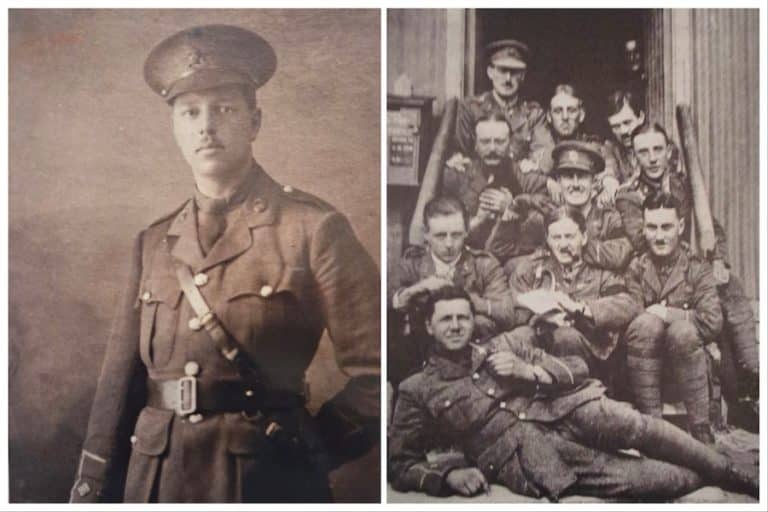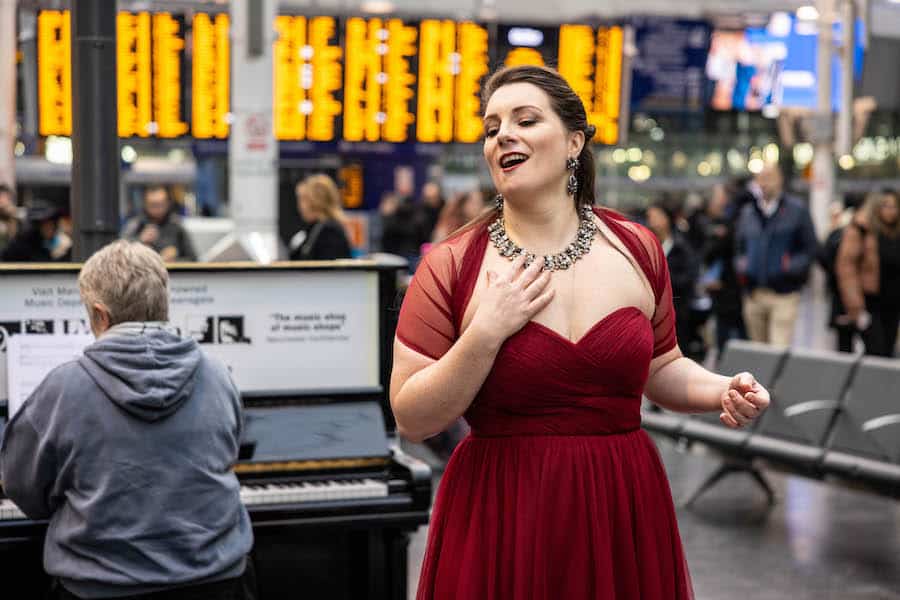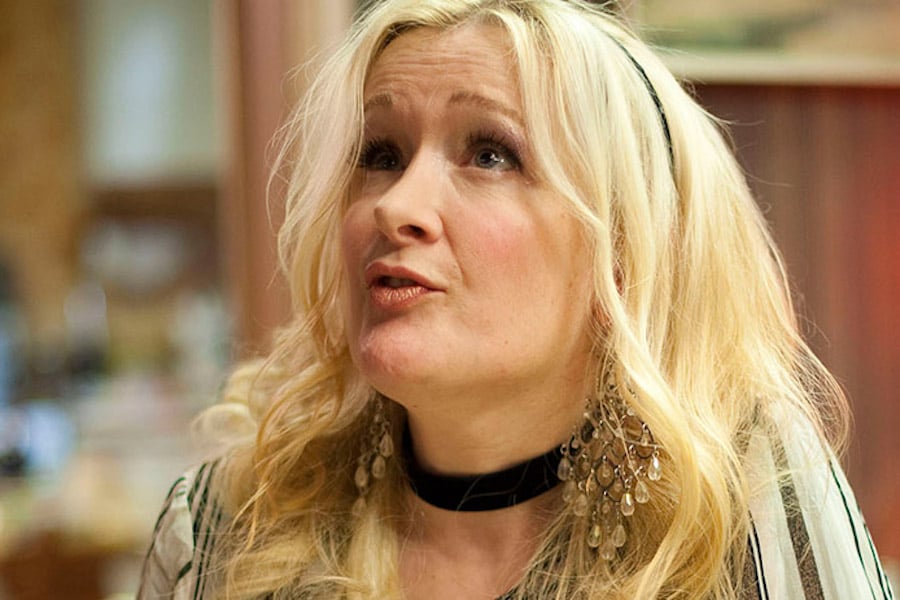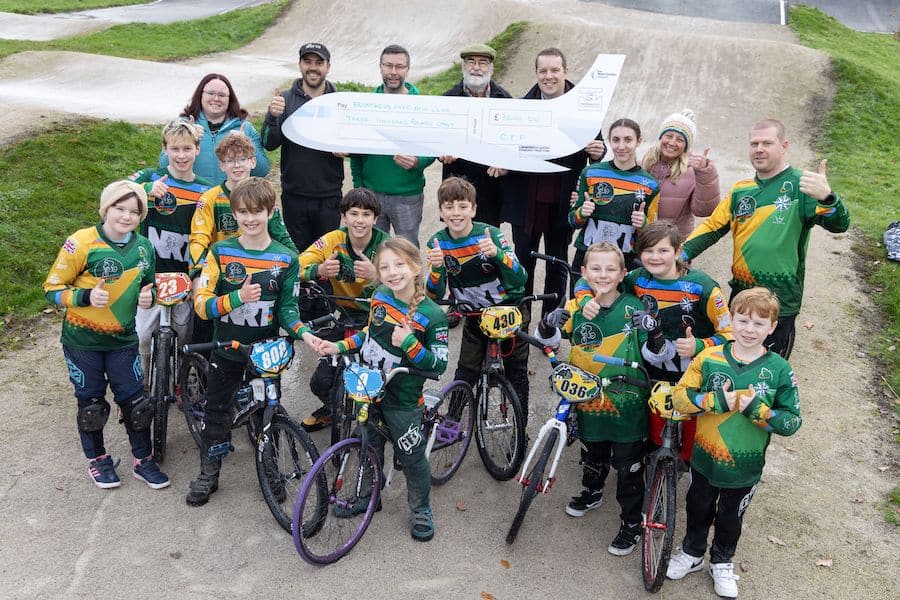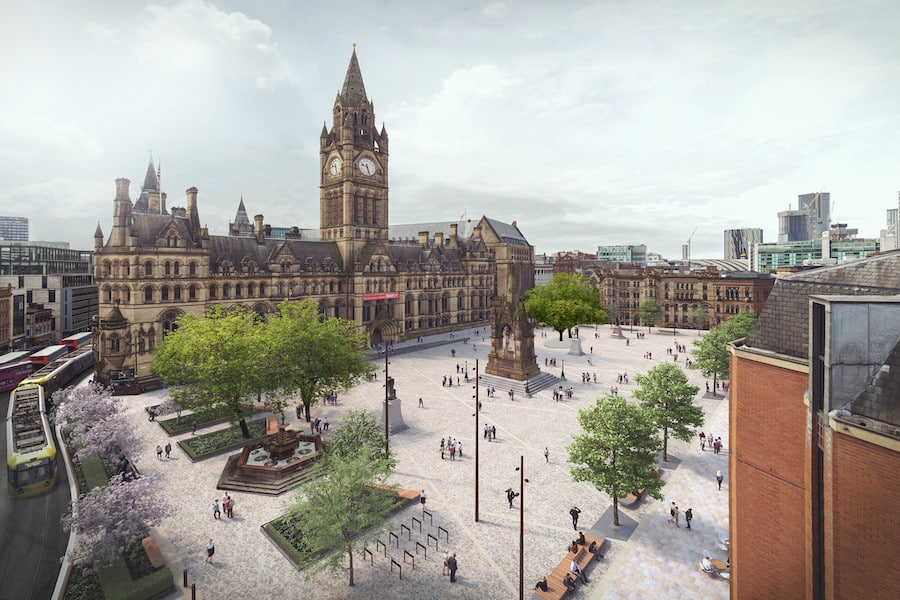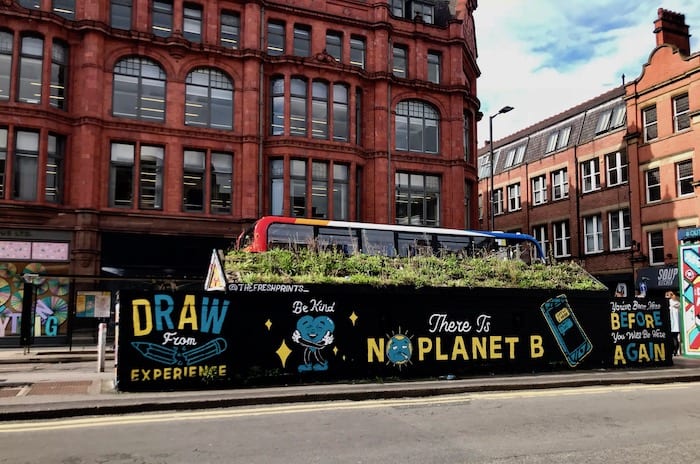The inspiring legacy of Manchester’s Windrush Generation 75 years on
- Written by Thom Bamford
- Last updated 1 year ago
- City of Manchester, Community, History
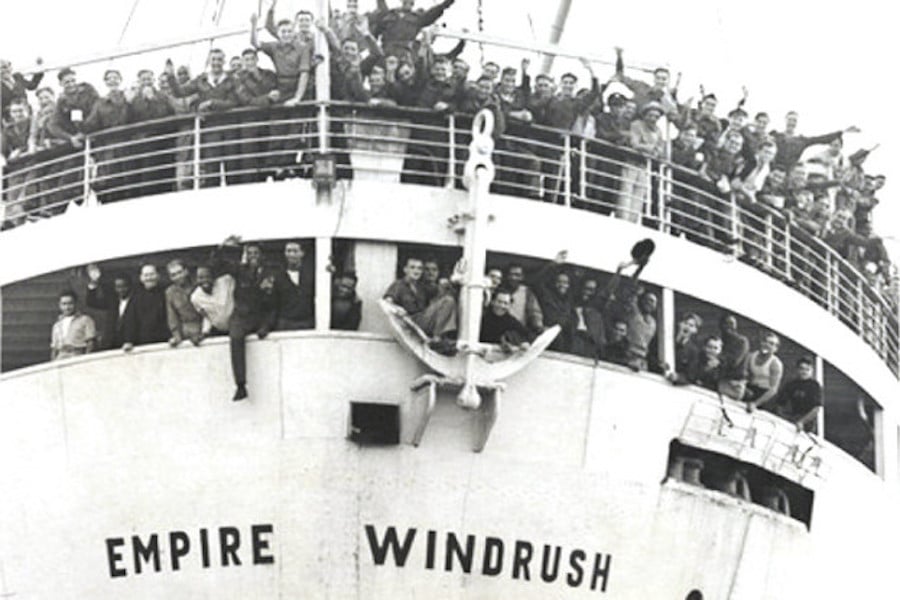
The Windrush Generation in Manchester.
Today (22nd June) commemorates the 75th anniversary of one of the most significant post-war events in the UK.
Manchester, renowned for its diverse population and rich historical background, boasts an impressive record of remarkable immigrants who have made profound contributions to the city.
From inspiring tales of pioneers in the NHS to a vibrant celebration of Caribbean heritage, Manchester embraces the invaluable impact of the Windrush Generation.
HMT Empire Windrush
On the morning of 22 June 1948, the HMT Empire Windrush docked at Tilbury docks, Essex, carrying 802 hopeful Caribbean migrants.
Setting foot on British soil for the first time, they were greeted by a bleak, cold, and misty landscape.
However, their purpose for embarking on a 29-day journey went beyond the weather conditions.
In the aftermath of World War II, British cities lay in ruins from the devastating bombings of the Blitz in 1940-41.
The war claimed the lives of numerous soldiers and 70,000 civilians.
Eager to rebuild and in need of a workforce, Britain provided an opportunity to Caribbean citizens who held British citizenship and granted them free entry under the British Nationality Act of 1948.
The shivering arrivals at Tilbury dispersed to major towns and cities across Britain, where employment opportunities awaited.
London, Liverpool, Manchester, and Birmingham emerged as popular destinations for these early pioneers.
The journey embarked upon by Caribbean migrants in 1948 initiated subsequent waves of migration in the 1950s and 1960s. This collective group of individuals who migrated from the Caribbean to Britain between 1948 and 1971 is now referred to as the Windrush Generation.
Northern Roots
Many of the men and women who chose to settle in Manchester and its surrounding area found employment in construction, Manchester docks, Trafford Park, factories, and as nurses in the newly established National Health Service (NHS).
Contrary to the idealised depiction of Britain portrayed in stories and education, reality often presented a dreary and unwelcoming environment.
Poverty was widespread, particularly in urban areas, and racism persisted.
Finding accommodation posed a challenge for many settlers as they were frequently turned away from available rentals due to the colour of their skin.
Housing and Partnership
Moss Side and Hulme emerged as popular areas for settlement among the Windrush generation in Manchester.
To navigate the housing difficulties, many Caribbean migrants relied on a partnership scheme.
This scheme involved a savings partnership among a group of trusted friends or individuals.
Regular contributions were made into a shared fund overseen by a trusted individual known as the “banker.”
In a predetermined order, one member would receive the total amount from the fund each week or month.
This approach allowed many Caribbean migrants to purchase their own homes and establish a sense of stability in their new surroundings.
Culture and Leisure
During the early 1950s, Manchester was home to only 350 Caribbean settlers. However, this number rapidly grew to 2,502 in 1961 and 6,263 in 1981.
Despite facing poverty, racism, and police harassment, the black Caribbean community in Moss Side and Hulme fostered a strong sense of community spirit.
Children of different races interacted, families supported one another, and neighbours exchanged goods and essentials.
Similar to other Manchester residents, the Caribbean community sought to celebrate the end of a week of hard work.
Clubs such as the Reno, the Nile, and the Bengwema opened in the early 1960s, becoming popular venues for relaxation and entertainment.
These clubs introduced reggae, funk, and soul music to the people of Manchester, promoting cultural exchange and understanding.
The number of Caribbean settlers in Manchester grew significantly, reaching 2,502 in 1961 and 6,263 in 1981.
While challenges persisted, the Windrush generation left an enduring impact on the city, shaping its cultural fabric and contributing to its diversity.
The celebrations commemorating Windrush 75 in Manchester pay tribute to this lasting legacy and the remarkable contributions made by the Windrush community and their descendants.
In recent years, the descendants of the Windrush generation have faced significant challenges.
In 2018, the government issued an apology to the children of the Windrush generation due to uncertainties surrounding their citizenship status.
The lack of proper documentation and record-keeping regarding those permitted to remain in the country after the implementation of the 1971 Immigration Act further complicated matters.
This Act granted individuals who migrated before 1971 the right to reside in Britain indefinitely.
Additionally, the Home Office disposed of the landing cards of Windrush migrants in 2010, making it considerably more difficult for individuals to prove their right to stay in the country.
As a result, many individuals who had lived in the country for several decades, having arrived as children, found themselves faced with the distressing prospect of deportation.
To address these injustices, the Windrush Compensation Scheme was established in 2019.
However, numerous affected individuals are still awaiting fair reparation for the hardships they have endured. The process of providing compensation and rectifying the damage caused continues to pose ongoing challenges.
To celebrate, the Manchester City Council will host the Windrush 75 Celebration in the Park this weekend.
The event will take place on Saturday 24 June, 12 noon – 6 pm Venue: Alexandra Park, 180 Russell Street, M16 7JL
The highlight of the Windrush 75 events in Manchester will take place at Alexandra Park, where the Manchester Caribbean and African Health Network presents a grand celebration honouring British-Caribbean culture, history, and arts.
This free event will offer a vibrant tapestry of Caribbean delights, including authentic food, cultural artefacts, diverse stalls, and captivating performances.
Indulge in authentic Caribbean food vendors and discover a diverse range of stalls, health screens and more.
The main stage will showcase captivating performances, including Caribbean old-time music, vibrant dance acts, lyrical poetry, and inspiring guest speakers.
- This article was last updated 1 year ago.
- It was first published on 22 June 2023 and is subject to be updated from time to time. Please refresh or return to see the latest version.
Did we miss something? Let us know: [email protected]
Want to be the first to receive all the latest news stories, what’s on and events from the heart of Manchester? Sign up here.
Manchester is a successful city, but many people suffer. I Love Manchester helps raise awareness and funds to help improve the lives and prospects of people across Greater Manchester – and we can’t do it without your help. So please support us with what you can so we can continue to spread the love. Thank you in advance!
Got a story worth sharing?
What’s the story? We are all ears when it comes to positive news and inspiring stories. You can send story ideas to [email protected]
An email you’ll love. Subscribe to our newsletter to get the latest news stories delivered direct to your inbox.

The pioneering doctors who changed science forever and inspired the new Netflix series Joy
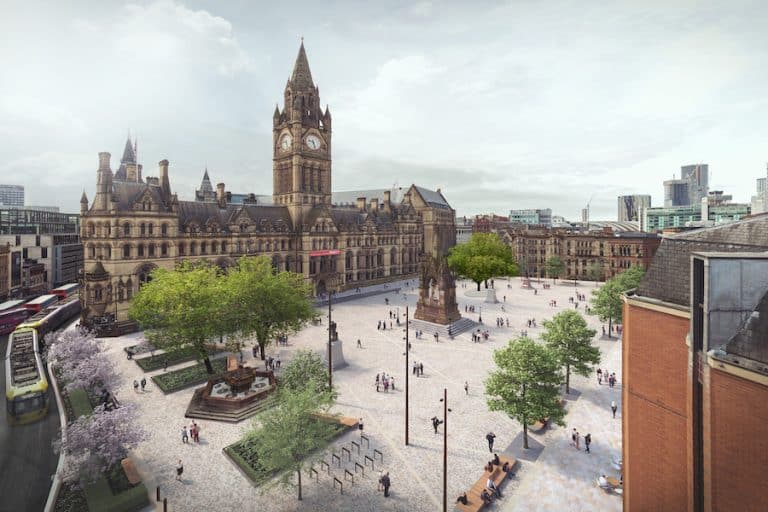
Green, grand and gorgeous – a deep dive into the redevelopment of Albert Square
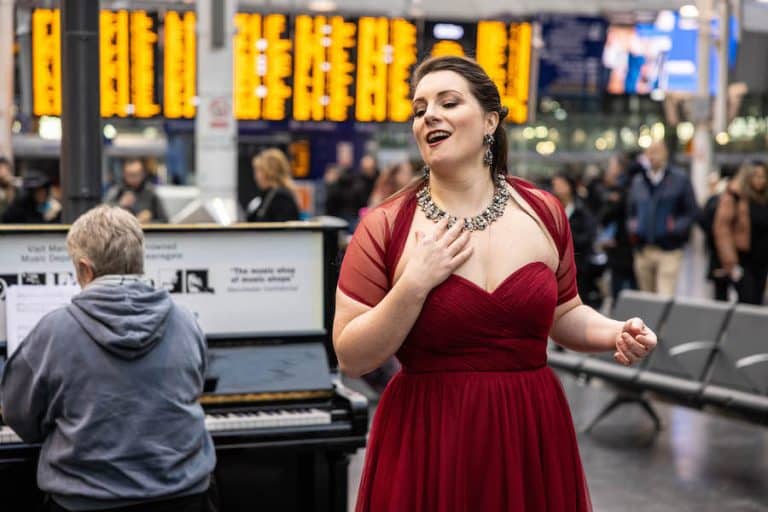
English National Opera finds a new home in Manchester making opera accessible to all
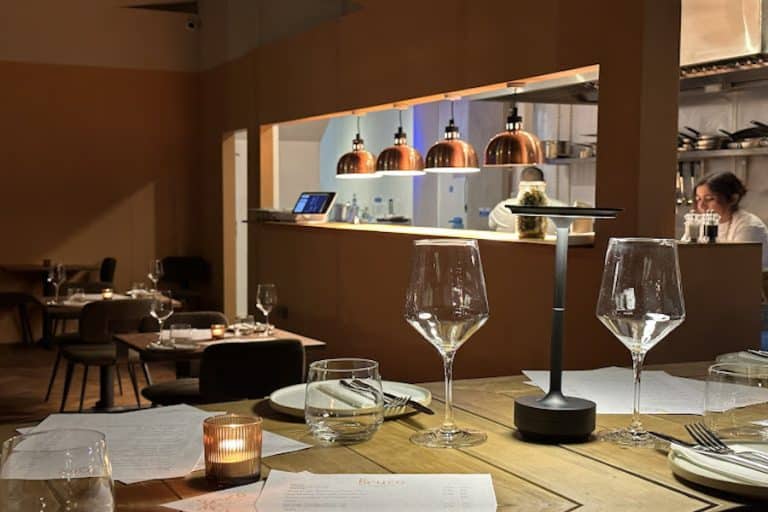
“Great food at excellent value” An authentic taste of Naples arrives in Ancoats
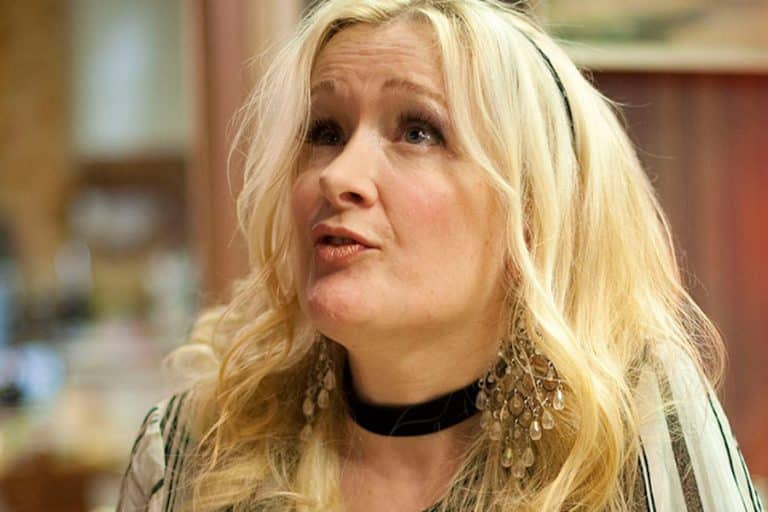
Comedian spearheads campaign for a statue of beloved comic Caroline Aherne
